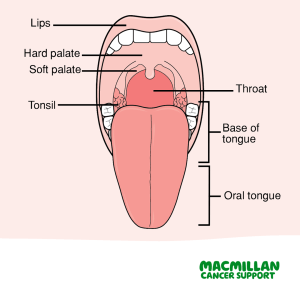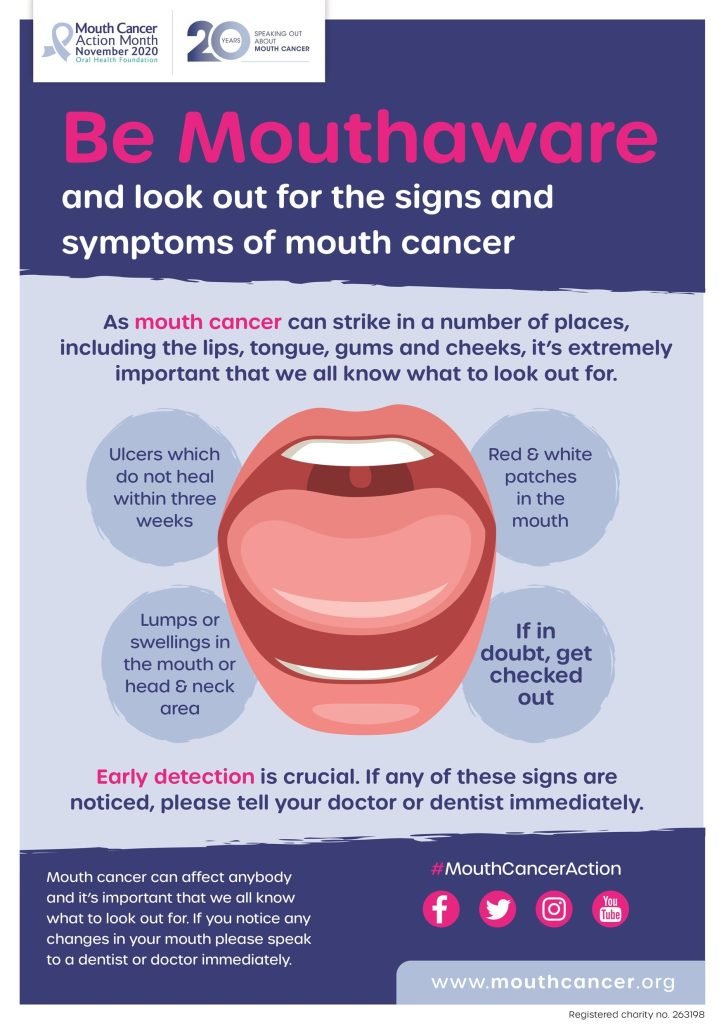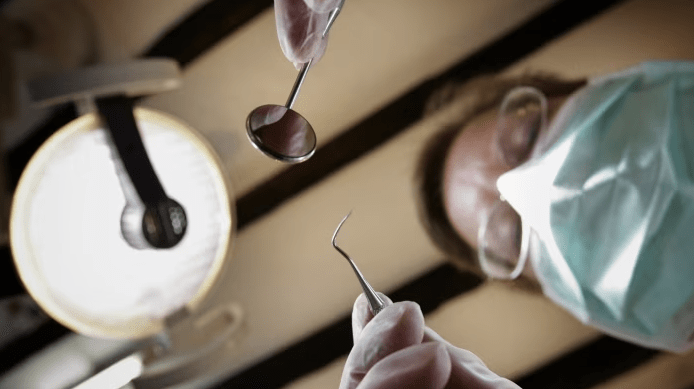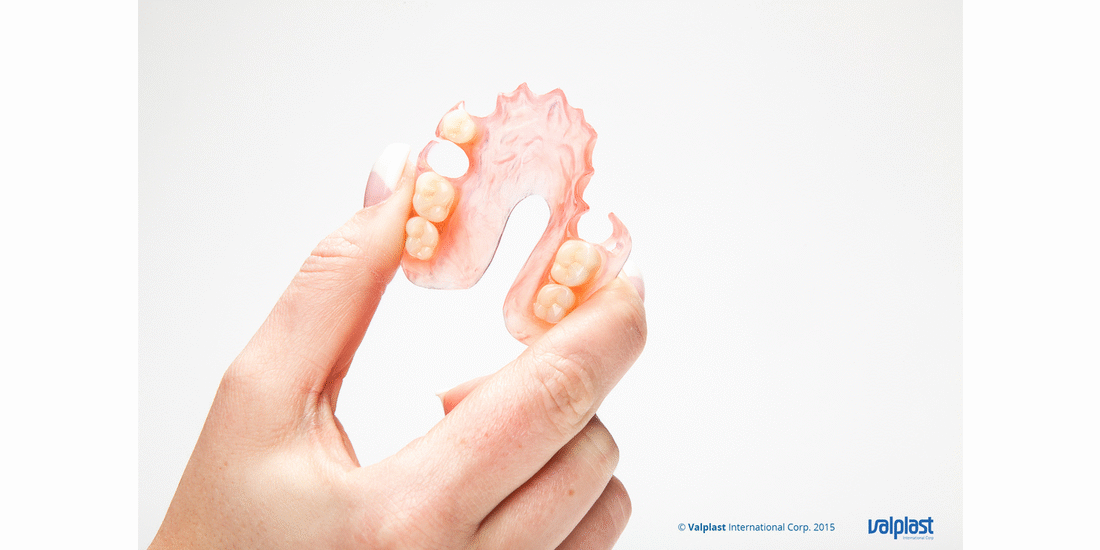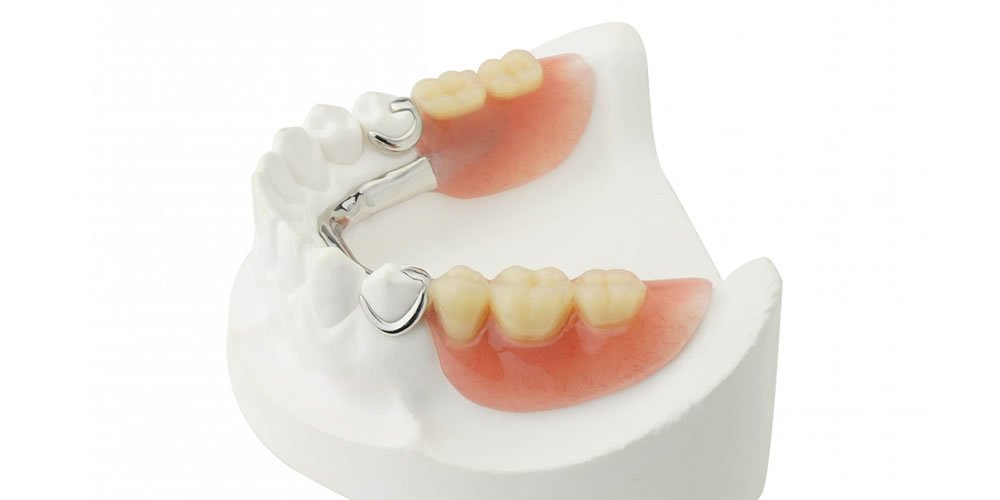What is Mouth Cancer?
Mouth cancer, also referred to as oral cancer, includes malignant tumours which develop in the mouth. Common sites include the tongue, floor of the mouth (under tongue), lip, gums, roof of mouth (palate) and inside of your cheeks. Less commonly it can also affect the throat (pharynx) and voicebox (larynx).
The most common type of mouth cancer (for 9 out of 10 cases) are squamous cell cercinoma. Squamous cells are found around the body such as under the skin and on the inside of the mouth. Other, less common types of oral cancer are oral malignant melanoma (where the cancer starts in melanocyte cells) and adenocarcinomas (salivary glands).
A cancerous cell is defined as a cell that grows uncontrollably and can spread to other parts of the body.
What Can Increase Your Risk of Getting Oral Cancer?
In the UK the most common risk factors for oral cancer are:
- Alcohol
- Tobacco
The combined effects of tobacco and alcohol account for around three quarters of oral cancer cases.
Heavy drinkers and smokers are 38 times more likely to develop the disease.
Source: UK Health Security Agency
Other risk factors include:
- Betel nut, paan and gutkha
- Low fruit and vegetable diet
- Human Papillomavirus (HPV)
- Over exposure to sunlight
Despite this, almost half of oral cancer cases in the UK are preventable.
What are the Signs and Symptoms of Mouth Cancer?
Mouth cancer can present in different ways, some less obvious than others.
Here are some key warning signs to look out for:
- An ulcer in the mouth which does not heal within 3 weeks
- A red or white patch in the mouth
- Change in voice or speech
- Constant sore throat
- Numbness or altered sensation on the tongue or lip
- Unexplained lumps, bumps or swellings that do not go away
- Loosening of teeth unexpectedly
Any of these symptoms could indicate cancer. Do not wait and contact your dentist or GP immediately.
What Can Your Dentist Do?
Your dentist has a vital role in screening for oral cancer. They will perform a detailed examination and assess for any signs or symptoms as well as helping you identify any risk factors for oral cancer at each routine appointment.
It is important you see your dentist regularly as they can identify any warning signs early and help ensure you get the best care.
If in doubt, do not wait and make an appointment earlier. Early detection of oral cancer means better chances of survival.
What Happens If Your Dentist is Concerned?
If your dentist has any suspicions of oral cancer they will promptly refer you to hospital for detailed tests to allow an accurate diagnosis. There you will see a specialist team of oral and maxillofacial surgeons.
How to Prevent Getting Mouth Cancer?
Here are some effective methods to prevent mouth cancer:
- Do not drink more than 14 units of alcohol a week. This is the recommended weekly amount.
Find support here. - Stop smoking
Find support here. - Do not use alternative forms of tobacco or smokeless tobacco.
- Eat a healthy and balanced diet including at least five portions of fruit and vegetables daily.
- Visit your dentist regularly.
Where to Get More Support
The Vallance dental team can provide you with information about getting support to help cut down on alcohol, stop smoking and help address any concerns you may have.
Feel free to talk to any member of the team when you next attend for your appointment.
Other places to get help include:
- Your local pharmacy
- GP
- Online, on highly trusted websites such as the NHS.
Here are some useful links:
Mouth cancer foundation -> https://www.mouthcancerfoundation.org/
Be Smoke Free – Manchester -> https://www.changegrowlive.org/be-smoke-free/home
NHS -> https://www.nhs.uk/conditions/mouth-cancer/
General cancer information in other languages -> https://www.macmillan.org.uk/cancer-information-and-support/get-help/all-the-ways-we-can-help/cancer-information-in-your-language
Frequently Asked Questions
-
Is Mouth Cancer Curable?
It is possible to cure mouth cancer in many cases, providing it is identified and treated at an early stage. Mouth cancer can be quickly identified by a dentist or hygienist. Curability depends on factors such as if the cancer has spread to other parts of the body or not.
If you have any concerns of mouth cancer, contact a dentist immediately.
Source: University of Rochester Medical Centre
You can view estimated cure rates for different types of oral cancer (based on a US study, between 2011 – 2017) on this page by Cancer Research UK.
-
What Does Stage 1 Mouth Cancer Look Like?
Early signs of oral cancer may be be in the form of patches of red or white tissue that is rough. A painless, but hard lump around the back of the teeth or on the inside of the cheek, or a bumpy spot around the front teeth. Often this can look similar to a mouth ulcer.
Other symptoms may include unintended weight-loss, difficulty swallowing, or difficulty speaking.
If you are concerned about any potential symptoms of oral cancer please contact a dentist immediately.
-
How is Mouth Cancer Graded?
Grade 1 (aka Low Grade):
The cancer cells look like normal cells and generally grow slowly.
Grades 2 and 3
The cancer cells look different to normal cells and are faster growing.
Information Sheet
If you have any questions or concerns related to oral cancer, please do not hesitate to get in touch with us.
The Vallance Dental Centre is based in Manchester, UK.
